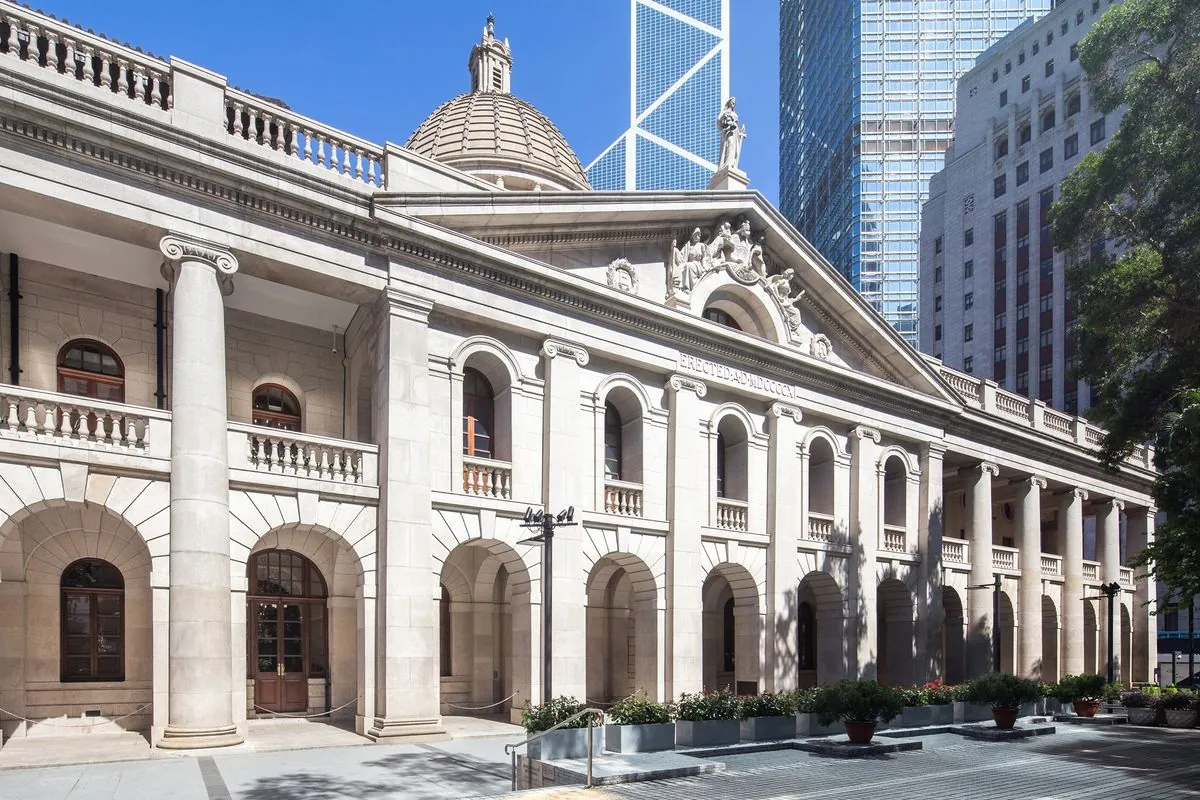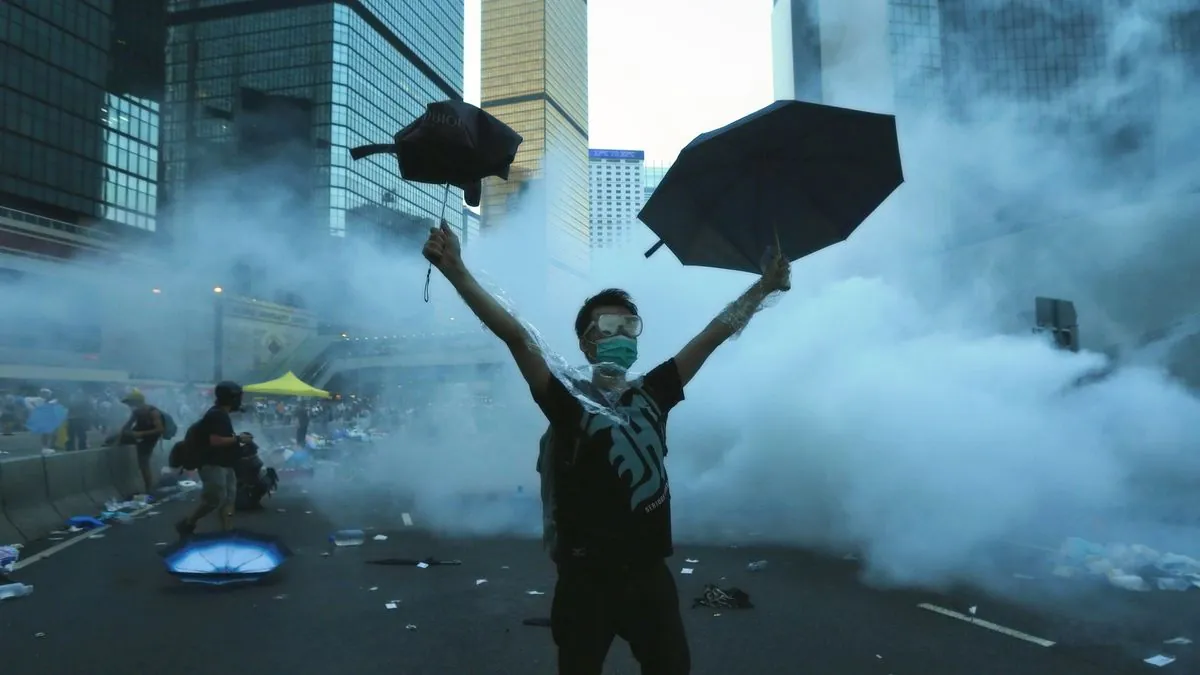Hong Kong Democracy Activists Lose Final Appeal in 2019 Protest Case
Seven prominent Hong Kong pro-democracy figures have lost their final appeal against convictions related to a massive 2019 protest. The ruling marks a significant setback for the city's democracy movement.

In a significant development for Hong Kong's political landscape, seven prominent pro-democracy activists have exhausted their legal options to overturn convictions stemming from their involvement in a major 2019 protest. The Court of Final Appeal, Hong Kong's highest judicial body, upheld the convictions on August 11, 2024, marking a pivotal moment in the ongoing struggle for democratic freedoms in the city.
The case centers around a rally that took place in August 2019, which saw an estimated 1.7 million people flood the streets of Hong Kong. This event was part of a larger series of protests that year, known as the Anti-Extradition Law Amendment Bill Movement, which lasted for several months and represented a significant challenge to the city's government since its return to Chinese rule in 1997.
Among those affected by the ruling are Jimmy Lai, founder of the now-defunct Apple Daily newspaper, and Martin Lee, often referred to as the "father of democracy" in Hong Kong and the founding chairman of the Democratic Party. The other convicted individuals include five former pro-democracy lawmakers. Their convictions relate to participating in an unauthorized assembly, a charge that has been upheld despite previous partial victories in lower courts.

The legal journey of these activists has been complex. Initially convicted in 2021, they saw a partial victory in 2023 when an appellate court overturned some charges. However, the remaining convictions have now been affirmed by the highest court, effectively closing the book on this legal chapter.
This case is set against the backdrop of Hong Kong's unique political and legal structure. The city, with a population of approximately 7.5 million, operates under the "one country, two systems" principle, which grants it a degree of autonomy from mainland China. This includes a separate legal system and the Basic Law, which serves as Hong Kong's mini-constitution and guarantees certain freedoms, including the right to assembly.
However, the interpretation and limits of these freedoms have been increasingly contested. The judge who initially sentenced the activists in 2021 ruled that the right to freedom of assembly is not absolute and can be subject to constitutional restrictions. This interpretation has now been upheld at the highest level of Hong Kong's judiciary.
The ruling comes amidst a broader political shift in Hong Kong. Since the 2019 protests, which were triggered by a proposed extradition bill, the city has seen the implementation of a National Security Law in June 2020. Critics argue that this law, along with other measures, has significantly curtailed public dissent and political opposition.
Several of the convicted activists, including Jimmy Lai, Lee Cheuk-yan, Leung Kwok-hung, and Albert Ho, remain in custody due to separate charges or convictions under the National Security Law. This situation underscores the ongoing legal challenges faced by pro-democracy figures in Hong Kong.
The impact of this ruling extends beyond the individuals involved. It represents a significant setback for Hong Kong's pro-democracy movement, which has faced increasing pressure in recent years. The movement, which reached its peak in 2019, has since waned due to a combination of arrests, exiles, the COVID-19 pandemic, and the introduction of new security legislation.
As Hong Kong continues to navigate its complex political landscape, this ruling serves as a reminder of the ongoing tensions between calls for greater democracy and the authorities' emphasis on stability and security. The city's future political development remains a subject of intense interest and concern, both locally and internationally.
[[Hong Kong Court of Final Appeal]]
The right to freedom of assembly is not absolute and is subject to restrictions ruled constitutional.
This case highlights the delicate balance Hong Kong faces in maintaining its unique status within China. As a Special Administrative Region, Hong Kong enjoys certain freedoms not found in mainland China, including its own legal system and currency. However, the interpretation and extent of these freedoms continue to be a source of debate and conflict.


































